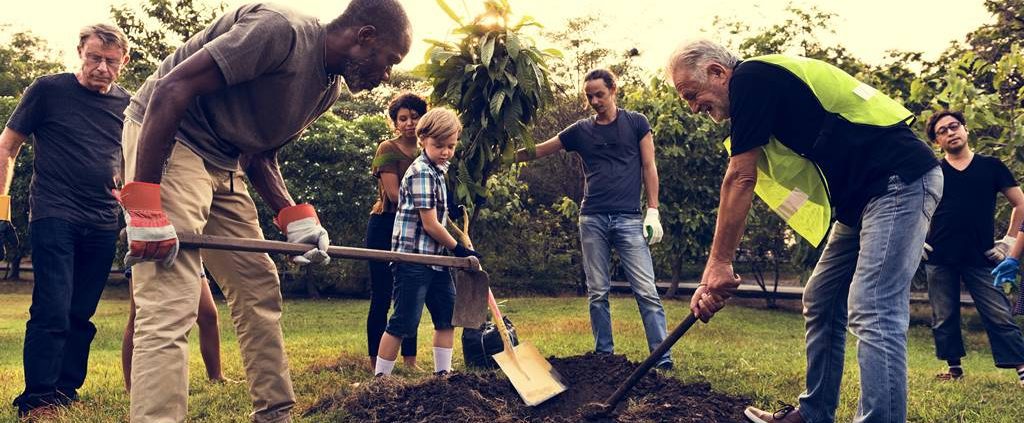ODJ: Living Worship
September 11, 2018
READ: Romans 12:1-2
Dear brothers and sisters, I plead with you to give your bodies to God because of all he has done for you (v.1).
In 1995, Gary Chapman published his influential book The Five Love Languages. In it, Chapman argues that love isn’t expressed through a single means, but that each of us has different ways in which we express and receive love—what he calls love languages. With this, he dramatically expanded the ways in which we understood how to love and be loved by those around us!
Our understanding of worship could use similar expansion. Often our idea of worship is focused on our verbal expressions of God’s goodness, such as through worshipping God in song. And rightly so, as the psalms repeatedly encourage us to lift up songs unto the Lord, such as Psalm 96:1: “Sing a new song to the Lord! Let the whole earth sing to the Lord!”
But in Romans 12, Paul calls for a very different form of worship: “I plead with you to give your bodies to God because of all he has done for you. Let them be a living and holy sacrifice—the kind he will find acceptable” (v.1). What does such a “living sacrifice” have to do with worship?
The key to understanding this is to remember what Paul writes in verse 1, that worship is not only something we give to God, but a response in all our lives to “all God has done” for us. In this light, since Jesus offered His own body for us on the cross, it’s only fitting that we should do the same for Him.
Offering our whole selves including our bodies in worship to God can seem like an intimidating idea. But it’s a much more natural prospect when we’re reminded that we live for Christ through the power of His Spirit—and that “Christ lives in [us]” (Galatians 2:20). We offer ourselves to God in worship because Jesus gave Himself for all of us out of love.
—Peter Chin
365-day plan: Luke 22:1-13
Read Romans 5:8 to be reminded that not only did Christ give up His body for us, but He did so when we deserved it least.
What does it mean for you to offer your body as worship to God? How can we always keep in mind that Jesus did this first for us?



